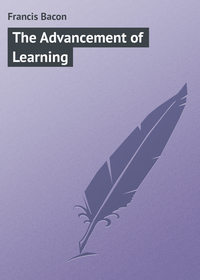Читайте только на Литрес
Raamatut ei saa failina alla laadida, kuid seda saab lugeda meie rakenduses või veebis.
Žanrid ja sildid
Vanusepiirang:
12+Ilmumiskuupäev Litres'is:
30 august 2016Objętość:
300 lk 1 illustratsioonÕiguste omanik:
Public Domain